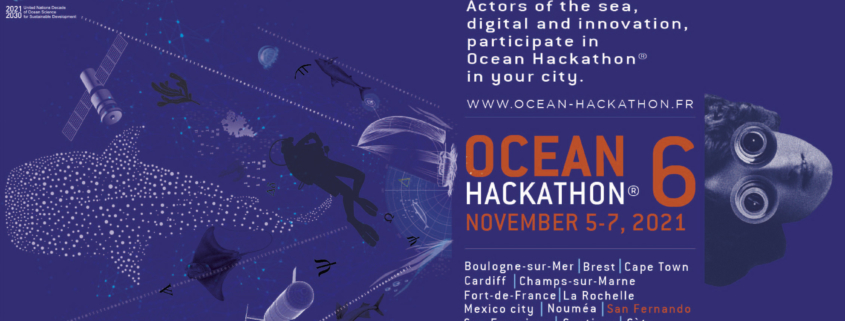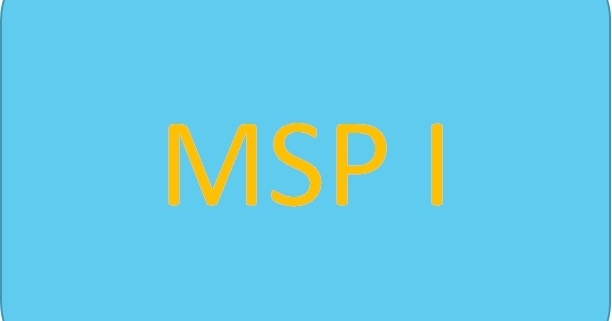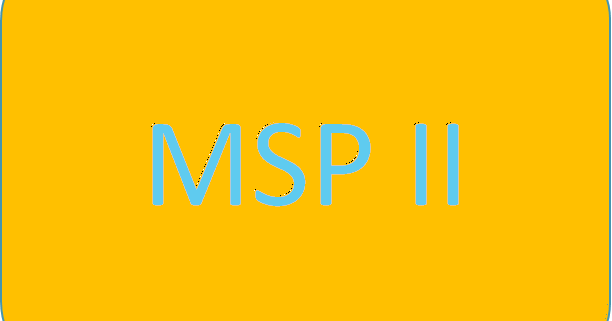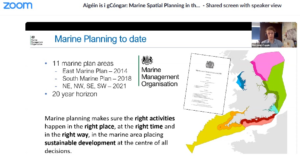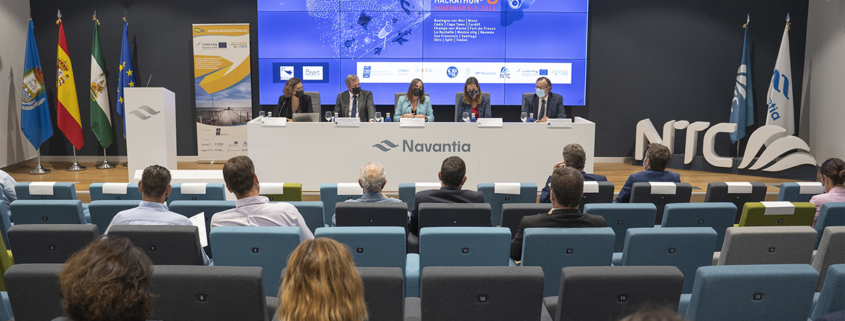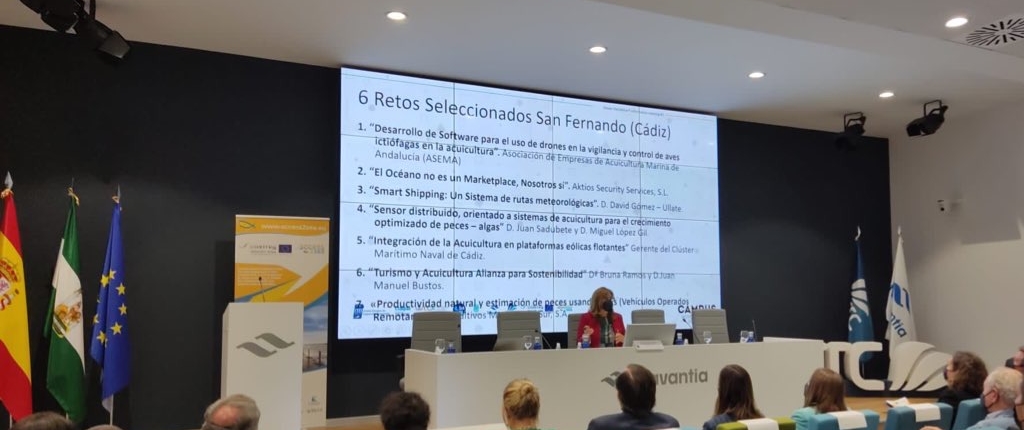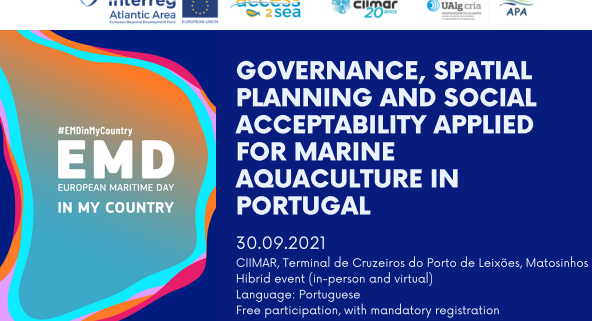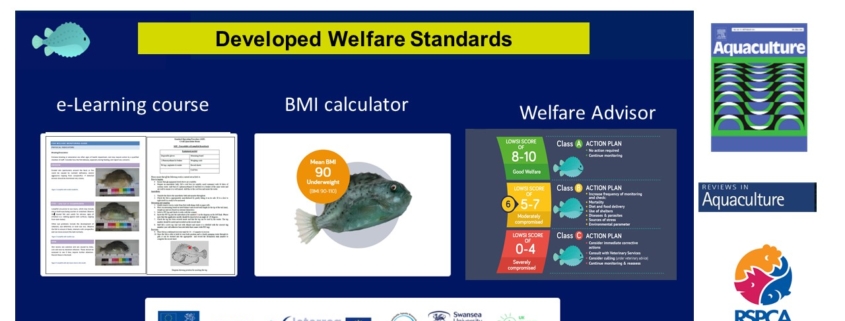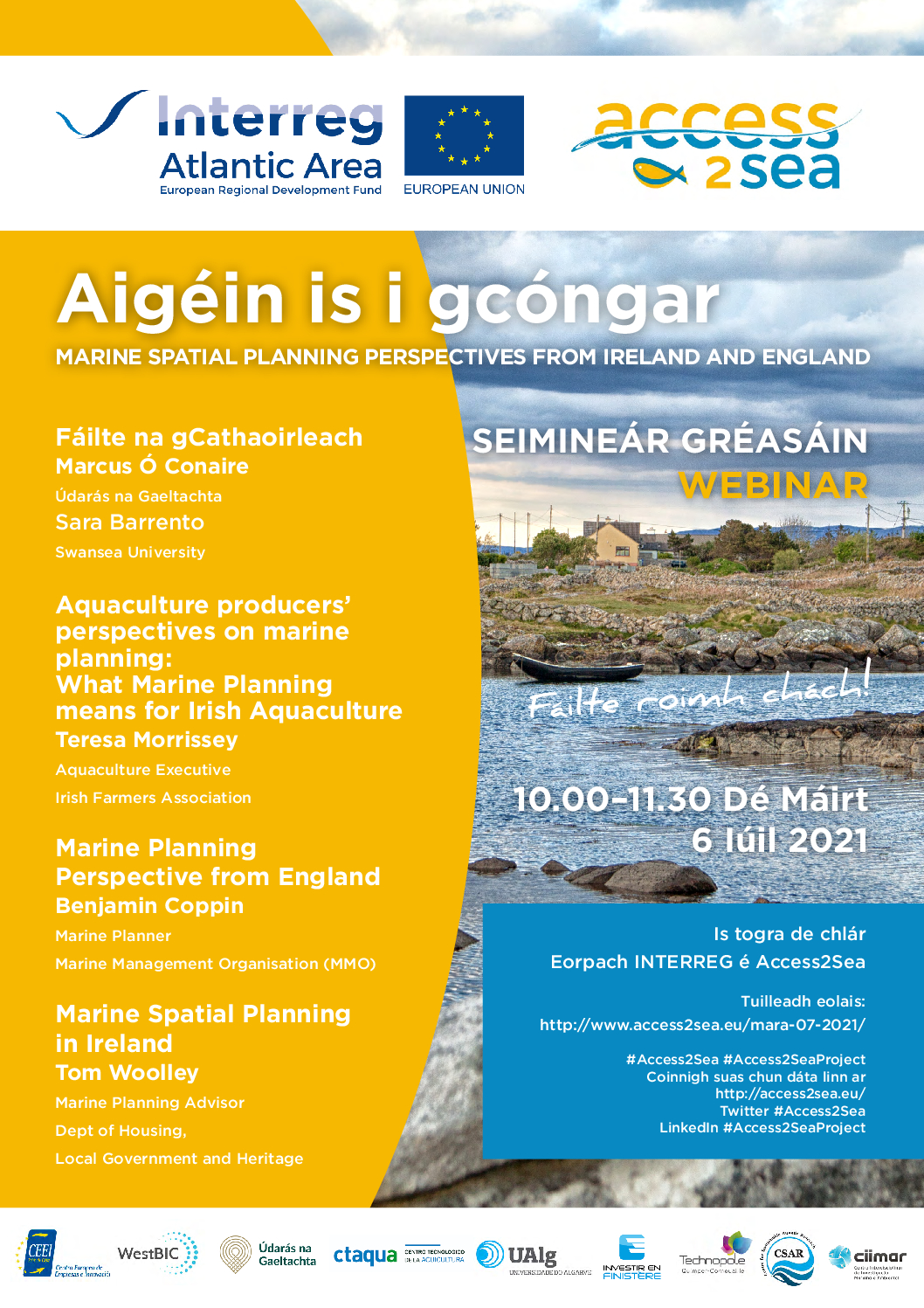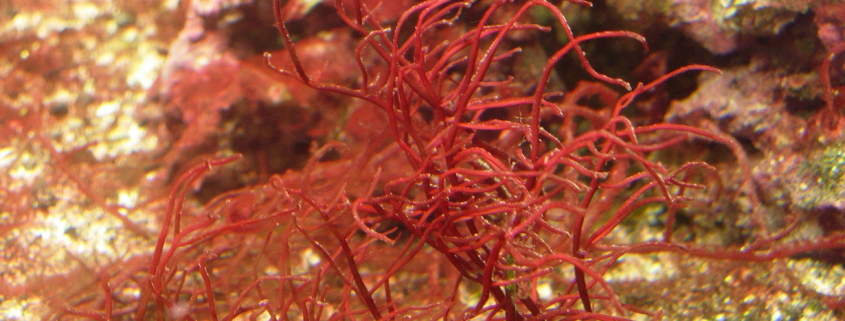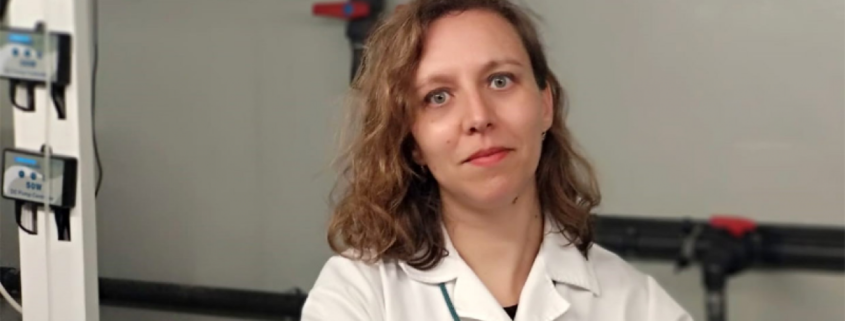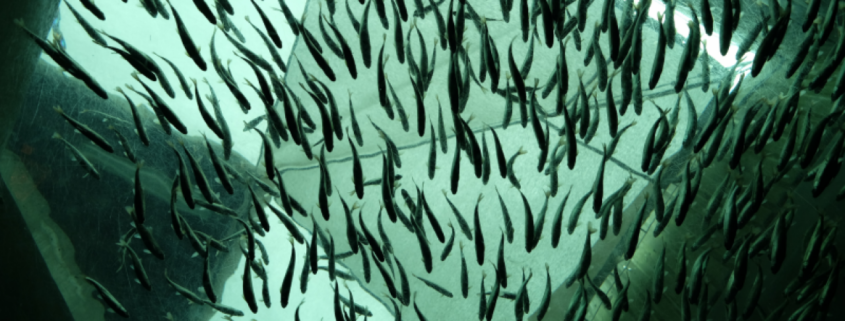Conoce los retos en VÍDEO del evento científico internacional Ocean Hackathon® San Fernando 2021
- CEEI Bahía de Cádiz y el Centro Tecnológico de Acuicultura de Andalucía (CTAQUA), en colaboración con la Universidad de Cádiz, el Ayuntamiento de San Fernando y el NTC Navantia, organizan este foro científico internacional que se celebrará del 5 al 7 de noviembre.
- Durante 48 horas ininterrumpidas, el Navantia Training Centre (NTC) se convertirá en un laboratorio de innovación para los equipos participantes, que tendrán que desarrollar propuestas que respondan a diversos retos utilizando datos digitales enfocados en el mar, y en esta edición vinculados directamente con la acuicultura.
18/10/2021 – Navantia Training Centre (NTC), el centro de formación de la compañía naval ubicado en San Fernando, acogerá en noviembre el Ocean Hackathon® 2021, un importante evento científico internacional promovido por el Campus Mondial de la Mer de Brest (Francia), en el que se dan cita proyectos relacionados con el mar. La sexta edición de este foro se celebra por segunda vez en la provincia de Cádiz, siendo San Fernando la única ciudad española entre los participantes.
CEEI Bahía y el Centro Tecnológico de Acuicultura de Andalucía (CTAQUA), en colaboración con la Universidad de Cádiz, el Ayuntamiento de San Fernando y Navantia Training Centre, organizan este foro científico internacional que se celebrará simultáneamente en todas las ciudades participantes a nivel global, del 5 al 7 de noviembre. A esta edición se han unido un total de 15 ciudades entre las que se encuentran Boulogne, Brest, Cape Town, Cardiff, Champs sur Marne, Fort de France, Nouméa, La Rochelle, Split, Toulon, Santiago de Chile, Sète, Ciudad de México, San Francisco y San Fernando.
Durante 48 horas ininterrumpidas estas sedes del Ocean Hackathon® se convertirán en un laboratorio de innovación para los equipos participantes, que tendrán que desarrollar propuestas que respondan a diversos retos utilizando datos digitales enfocados en el mar, y en esta edición vinculados directamente con la acuicultura.
En abril, la organización del evento lanzó una convocatoria de retos para identificar proyectos en los que los equipos se posicionarán en el Hackathon que se celebrará en San Fernando. En esta convocatoria se solicitó que los retos tengan una relación directa con el mar y con la acuicultura, demuestren su innovación y originalidad, estén dirigidos a la conservación del mar y que para su desarrollo sea necesario el uso de datos. Todas las personas físicas y jurídicas, administración pública, grupos de investigación, universidades, centros tecnológicos, etc. podían hacer llegar sus retos.
Siete son los retos de este evento científico. El primer reto es “El océano no es un marketplace, nosotros sí”, de la empresa Aktios Security Services, mientras que el segundo se titula “Transporte inteligente: un sistema de rutas meteorológicas”, de David Gómez Ullate; el tercero “Sensor para la optimización del crecimiento de peces y algas en sistemas acuícolas”, de Miguel López Gil; el cuarto “Alianza del turismo y la acuicultura para la sostenibilidad”, de Juan Manuel Bustos García. La Asociación de Empresas de Acuicultura Marina de Andalucía (ASEMA); ha propuesto el quinto reto llamado “Desarrollo de software para el uso de drones dedicados a la vigilancia y control de aves ictiófagas en acuicultura”; el sexto es “Estimación de la productividad natural y la biomasa de peces utilizando vehículos dirigidos de forma remota (ROV)”, de Cultivos Marinos del Sur, S.A.; y el último reto es “Integración de la acuicultura en plataformas eólicas flotantes”, promovido por el Clúster Marítimo Naval de Cádiz.
“Cada reto ha surgido de una idea simple o una necesidad o de un proyecto más maduro que necesita un impulso o experimentación especial”, explica Ana Suárez, responsable de proyectos europeos del CEEI. Tras dar a conocer los retos, hoy empieza una fase muy importante con la apertura de inscripciones a los participantes que desean resolver estos retos. “Para participar, las personas interesadas deberán cumplimentar el formulario (https://site.evenium.net/ohcadiz2021) y seleccionar 3 retos a los que le gustaría adherirse. La fecha límite es el 3 de noviembre de 2021”, detalla.
Durante el Ocean Hackathon® los participantes sólo pueden unirse a un equipo, que estará compuesto por un mínimo de 3 y un máximo de 8 personas, siendo preferible contar con equipos multidisciplinares con diferentes competencias. El perfil de los participantes puede ser estudiantes universitarios, doctorandos, profesionales por cuenta propia o ajena o personas individuales con intereses en las temáticas propuestas por lo retos. Durante 48 horas, los equipos participantes tendrán que desarrollar propuestas que respondan a los retos utilizando datos digitales.
Al finalizar el Hackathon de San Fernando, el domingo 7 de noviembre, se elegirá un equipo ganador, que será propuesto para participar en la competición final internacional a finales de 2021 en Brest que repartirá 8000 euros en premios entre los 3 primeros equipos.
LOS RETOS EN VÍDEO:
Ocean Hackathon® es una de las actividades recogidas por Naciones Unidas para la Década de las Ciencias Oceánicas para el Desarrollo Sostenible. Se trata de una importante actividad para la Bahía de Cádiz, que se convertirá durante estos días en el escenario de la innovación, donde se fomentará el intercambio de conocimientos, el uso de las nuevas tecnologías y el espíritu emprendedor.
Este evento es cofinanciado por el proyecto europeo Access2Sea, enmarcado en el programa EU-INTERREG Atlantic Area y liderado por CEEI Bahía de Cádiz, que busca hacer más atractivo el Espacio Atlántico para la acuicultura facilitando un acceso más sostenible a la oportunidad de negocio.

